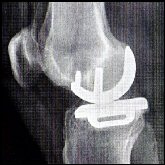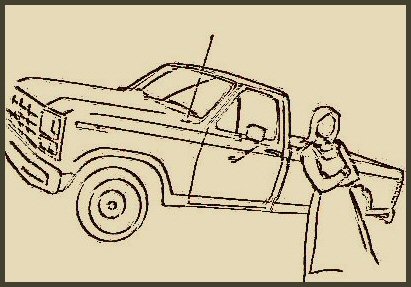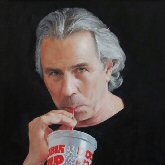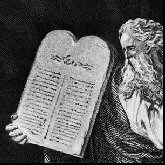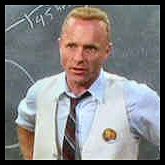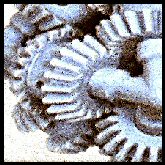 Drama encompasses human change. The main character is transformed. As a reader, I’d be disappointed if that change turned out for the worse. By definition, that means the main character must start out seriously flawed. Is this logical, so far? If so, then stay with me:
Drama encompasses human change. The main character is transformed. As a reader, I’d be disappointed if that change turned out for the worse. By definition, that means the main character must start out seriously flawed. Is this logical, so far? If so, then stay with me:
I’m talking about real character flaws here, not just some guy who needs to take a bath more often. I want to wear his skin for a few days and see what it’s like. He’s not the villain. No, he’s the main guy, the one we’re going to root for at the end. Yes, I’m one of those who always has to do things the hard way. I’ve written a novel through the point of view of a negative character.
In my life, I have yet to meet Mary Poppins—“Practically perfect in every way.” I have met George Banks and I’ve also met Scrooge.
I’ve been privileged to experience all sorts of work with all types of ordinary people. That includes time I treasure with boilermakers, pipe fitters, millwrights, electricians, ironworkers and machinists. We worked in heavy industry—power boilers 200 feet high, everything big and loud and dirty. These guys carried knives and guns on the job. They opened steel gang boxes at night with blow torches and made off with tools for their own garages. They spent their nights in bars. Two offered to do a hit for me—and at a bargain price.
My main character, Zachary, is a machinist foreman. He deals with guys like that every day and commands their respect. He’d naturally advise his son, “Don’t take nothin’ from nobody.”
In a novel, such characters come off as gruff at the beginning. Fortunately for me, most of my readers identify Zachary with somebody in their own lives. Some may recall a hard father or uncle—one they never understood, maybe feared. They want to get into that guy’s head and rummage around. It’s interesting. It’s satisfying to fix something that’s already hopelessly broken.
I like Mary Poppins as much as the next person. It’s a masterpiece and it cheers me. I’m delighted when George Banks flies a kite. But once in a while I want to read about some rough-edged individualist who needs to figure out what human love really means. That’s uplifting to me. It’s all very well for Dick Van Dyke to sweep chimneys and treat everybody with good cheer, dignity and respect, but a lot of people grew up under the thumb of a guy who could knock you out of your chair with the back of a hand and think nothing of it.
Now, admit it. Don’t you want him hit the wall? Don’t you want to see it happen through his own eyes? Don’t you want to feel his struggle when he’s forced to change? Or do you just want a nice sweet story?
“Bah! Humbug!”



































